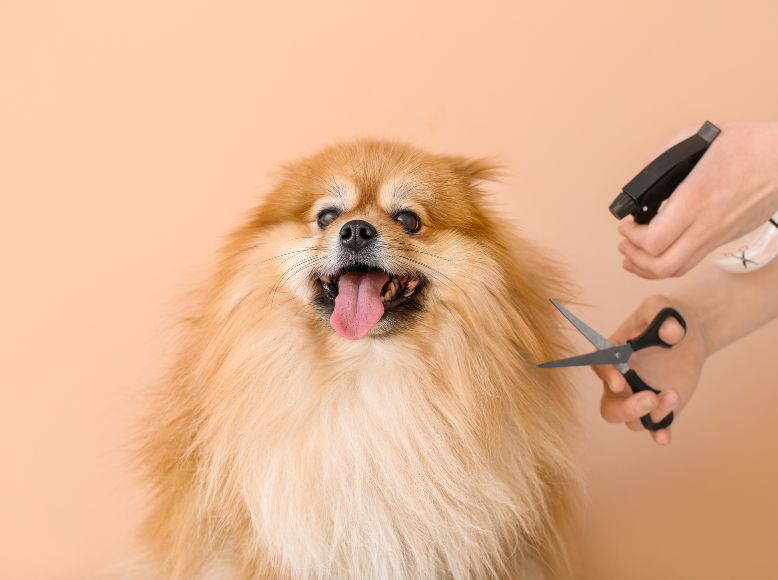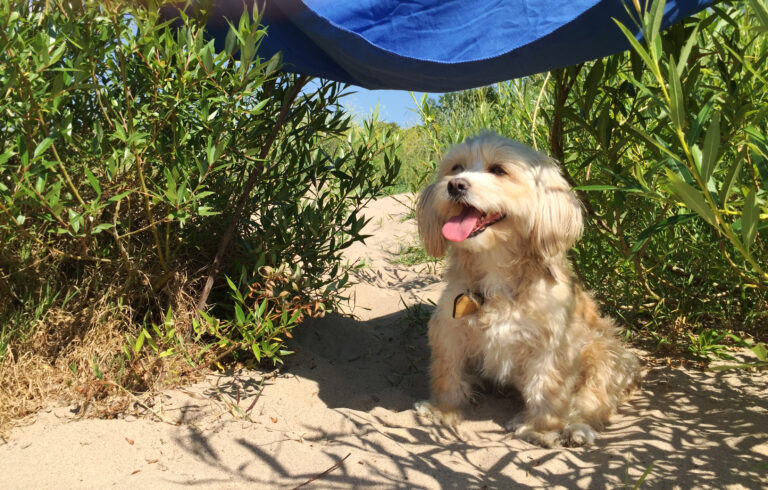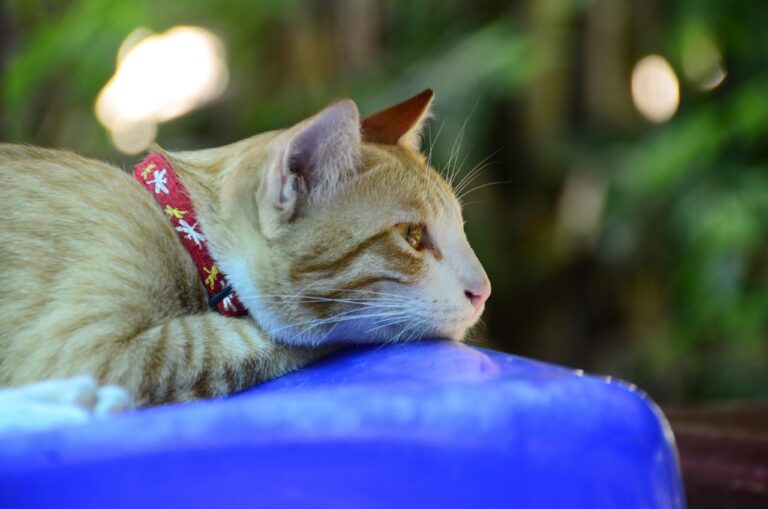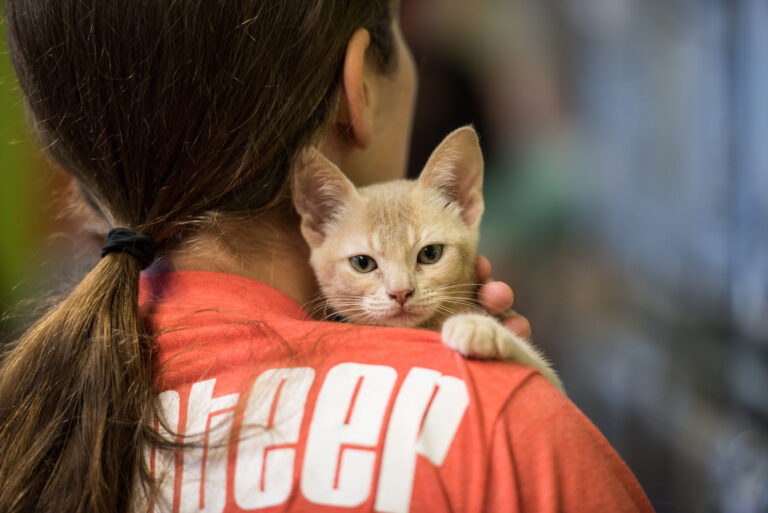Fish oil or omega-3 supplements are commonly used in pet food to provide essential nutrients and promote overall health in pets. However, ensuring the safety and purity of these supplements is crucial to maintain the well-being of our beloved companions. In this article, we will explore how pet food manufacturers can ensure the safety and purity of fish oil or omega-3 supplements in pet food. We will discuss “omega 3 dog treats” and “cat litter for oil spills.”
Table of Contents
Selecting High-Quality Sources:
Pet food manufacturers should prioritize sourcing fish oil or omega-3 supplements from reputable and sustainable sources. Fish oil derived from cold-water fatty fish, such as salmon, mackerel, or sardines, is generally considered safe and rich in omega-3 fatty acids. Manufacturers should partner with suppliers that adhere to strict quality standards and provide documentation regarding the purity and origin of the fish oil.
Third-Party Testing and Certifications:
To ensure the safety and purity of fish oil or omega-3 supplements, pet food manufacturers should conduct regular third-party testing. This testing verifies the absence of contaminants, such as heavy metals, pollutants, and harmful bacteria, in the supplements. Certifications from reputable organizations, like the International Fish Oil Standards Program (IFOS) or the Marine Stewardship Council (MSC), provide further validation of the quality and purity of the supplements used in pet food.
Quality Control Measures:
Implementing robust quality control measures is crucial in maintaining the safety and purity of fish oil or omega-3 supplements in pet food. Manufacturers should establish comprehensive protocols to ensure proper handling, storage, and transportation of the supplements. Regular inspections, monitoring, and documentation of the manufacturing process contribute to the overall quality control. By following strict quality control measures, manufacturers can guarantee the purity and integrity of the fish oil or omega-3 supplements used in their pet food products.
Sustainable Fishing Practices:
Pet food manufacturers should prioritize sustainable fishing practices when sourcing fish oil for omega-3 supplements. Sustainable fishing methods, such as those certified by the MSC, help protect marine ecosystems and ensure the long-term availability of fish species. By supporting sustainable fishing practices, manufacturers contribute to the environmental well-being and preservation of fish populations.
Transparent Labeling and Information:
Clear and transparent labeling is essential to inform pet owners about the fish oil or omega-3 supplements used in pet food. Labels should provide information about the source of the fish oil, the specific omega-3 fatty acids present, and any certifications or testing conducted. Transparent communication about the purity and safety measures taken by the manufacturer helps pet owners make informed decisions when selecting pet food with omega-3 supplements.
Collaboration with Suppliers and Experts:
Collaboration with fish oil suppliers and experts in the field can provide valuable insights to pet food manufacturers. Maintaining open lines of communication with suppliers ensures the latest information about fish oil quality and safety standards. Additionally, collaborating with experts, such as veterinary nutritionists or fishery scientists, can help manufacturers stay informed about best practices and advancements in fish oil processing and testing.
Cat Litter for Oil Spills:
Although not directly related to fish oil supplements, it is worth mentioning the use of cat litter for oil spills. Some cat litters are made from absorbent materials, such as clay or natural fibers, that can be effective in absorbing oil spills. By highlighting the potential use of cat litter for oil spills, manufacturers can raise awareness about eco-friendly solutions and encourage responsible environmental practices.
In Conclusion
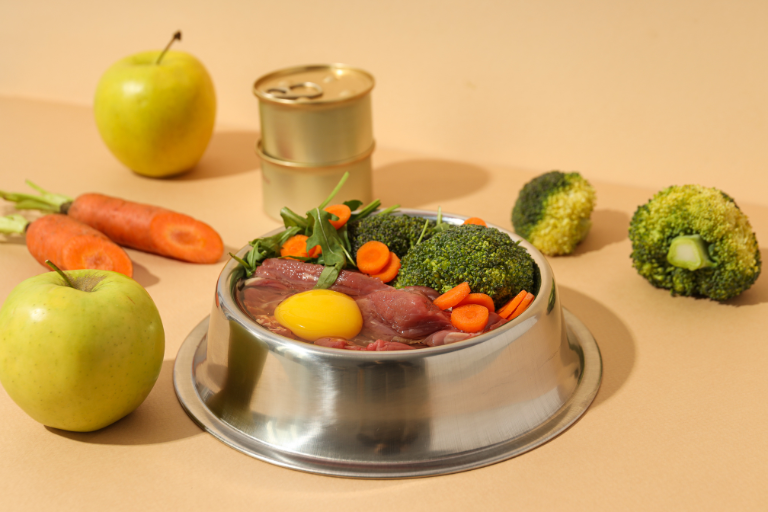
Pet food manufacturers have a responsibility to ensure the safety and purity of fish oil or omega-3 supplements used in pet food. By selecting high-quality sources, conducting third-party testing, implementing quality control measures, promoting sustainable fishing practices, providing transparent labeling and information, and collaborating with suppliers and experts, manufacturers can guarantee the integrity of the supplements. This allows pet owners to provide their pets with safe and beneficial omega-3 supplements, whether in the form of pet food or omega 3 dog treats. Additionally, manufacturers can also contribute to environmental sustainability by highlighting alternative uses, such as cat litter for oil spills.


